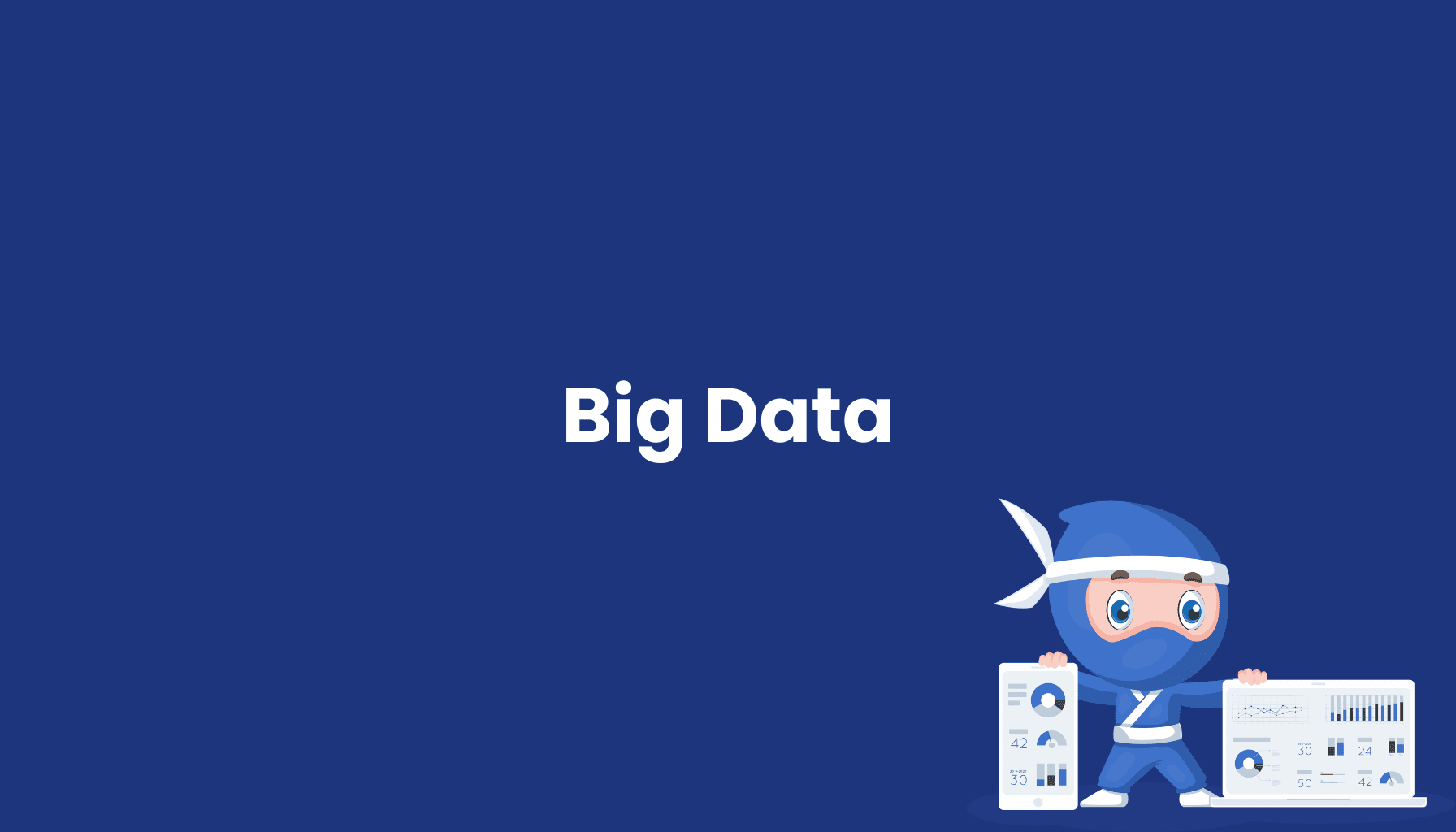Big Data

What is Big Data?
Big Data refers to the massive and complex datasets that are beyond the handling, processing, and analysis capabilities of traditional data management tools. These data volumes come from a wide array of sources, including social media, videos, digital images, sensors, and transactional records. The challenge with Big Data lies not only in its volume but also in the variety of data formats and the speed at which it is generated and collected.
Characteristics of Big Data
Big Data is commonly defined by the "3 Vs":
- Volume: Refers to the sheer amount of data generated, which exceeds the capacity of conventional databases.
- Velocity: Data is produced and collected in real-time, necessitating rapid processing to gain timely insights.
- Variety: Big Data encompasses structured, semi-structured, and unstructured data from diverse sources.
The Value of Big Data
The real value of Big Data lies in its ability to uncover deep insights and patterns that may not be visible in smaller datasets. This allows businesses, governments, and researchers to make informed decisions and understand complex interrelationships.
Examples:
- Business: Analyzing customer data to develop personalized marketing strategies.
- Healthcare: Predicting disease outbreaks and enhancing patient care.
- Public Sector: Identifying trends in public sentiment through social media data analysis.
Big Data Technologies and Techniques
To harness the full potential of Big Data, organizations use advanced technologies and analytical methods:
- Artificial Intelligence (AI) and Machine Learning (ML): For identifying patterns and automating decision-making processes.
- Data-Intensive Applications and Cloud Computing: To store and process large volumes of data efficiently.
- Predictive Analytics: For forecasting future events and supporting proactive measures.
Potential and Applications of Big Data
Big Data enables transformative advancements across numerous fields:
- Manufacturing: Improving efficiency in production and optimizing supply chains.
- Environmental Protection: Promoting sustainable development through detailed resource analysis.
- Transportation and Logistics: Enhancing traffic flow and enabling predictive route planning.
Conclusion
Big Data is much more than just a vast amount of information. By leveraging advanced analytical techniques and high-capacity technologies, Big Data transforms extensive data collections into valuable insights, empowering decision-makers to boost efficiency, tap into new opportunities, and address complex challenges. The importance of Big Data will only continue to grow, as more industries reap the benefits of data-driven decision-making.



-1.png)

-1.png)